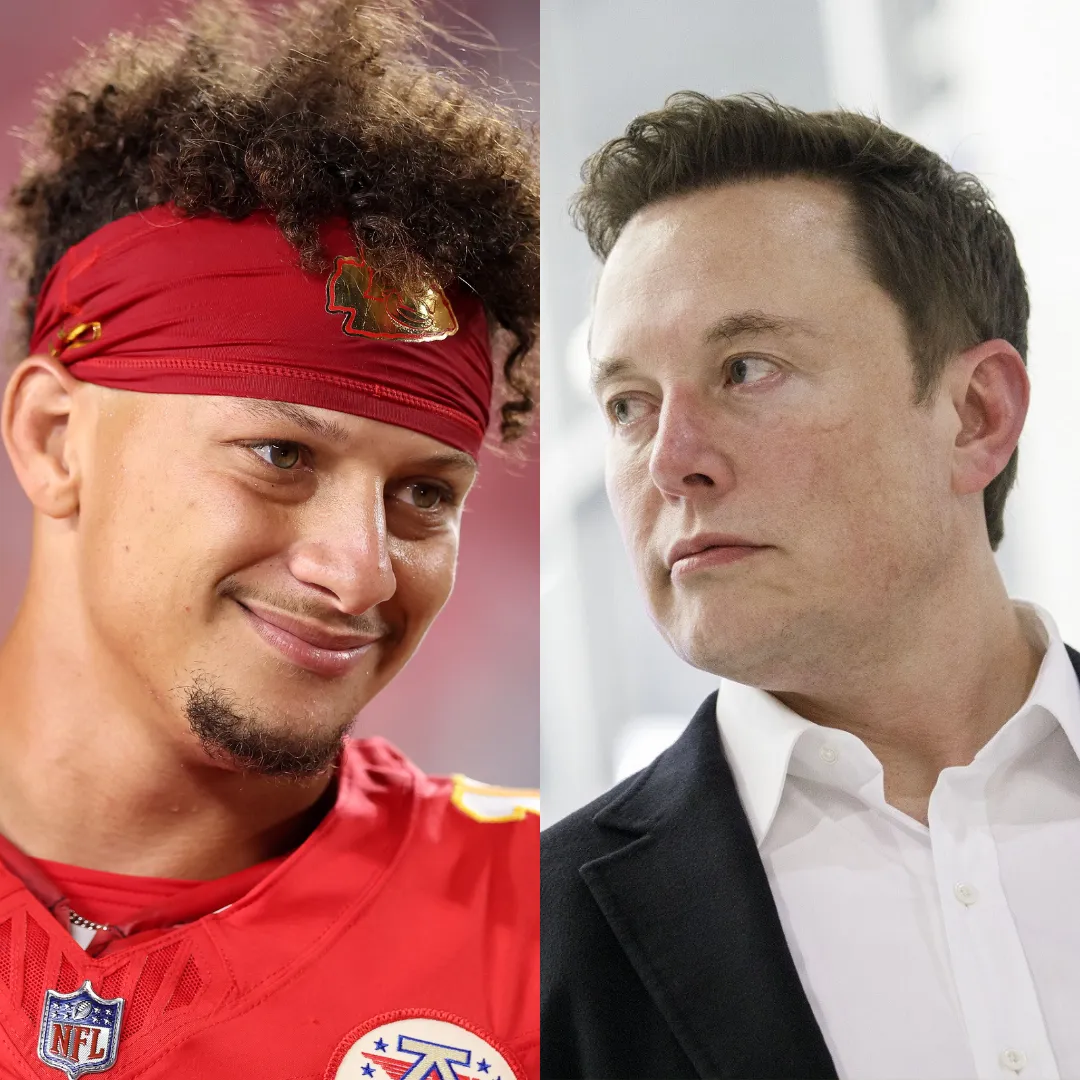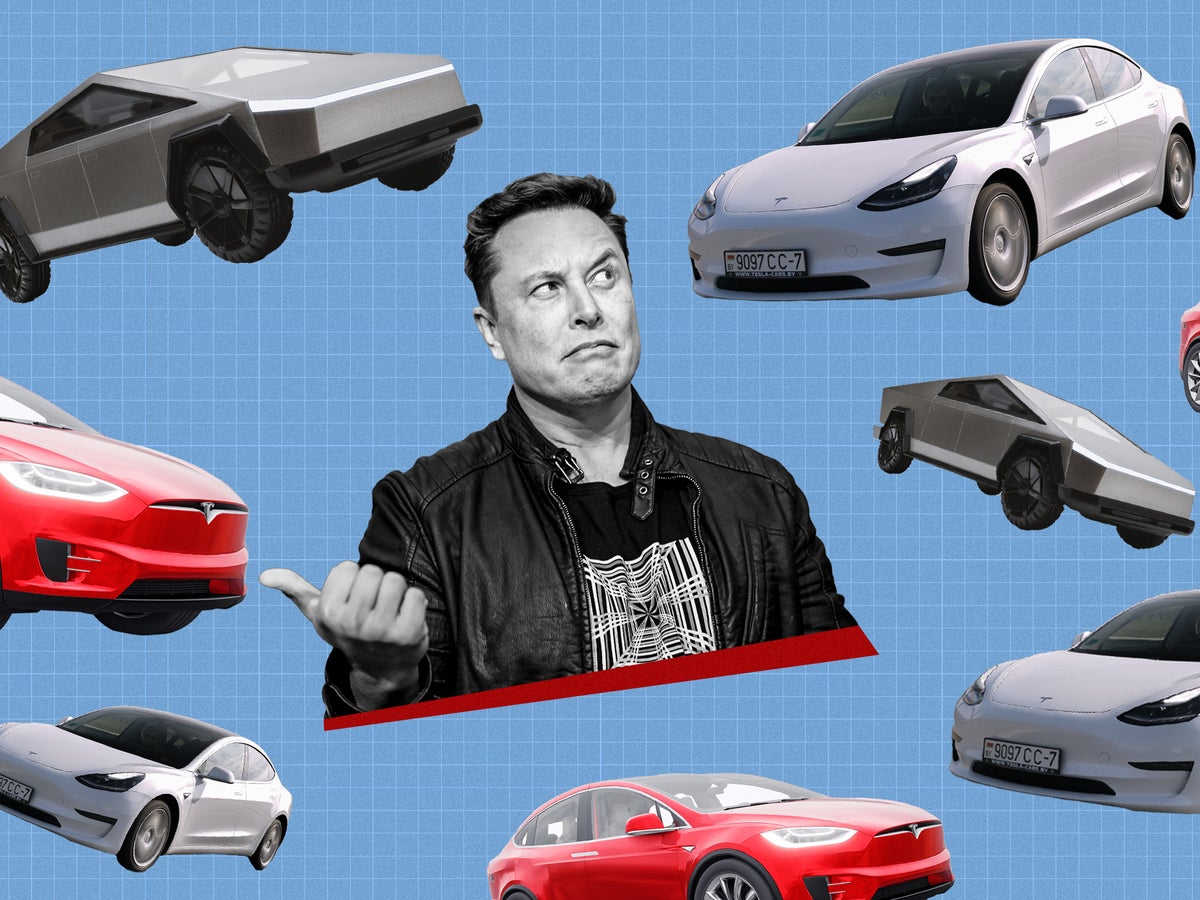
Tesla, the iconic U.S. electric vehicle manufacturer, has experienced a dramatic decline in its European sales, plunging 49 percent year-on-year in April, according to data from the European Automobile Manufacturers’ Association.
This steep drop stands in stark contrast to the overall growth in the European battery electric vehicle market, which rose 34.1 percent annually during the same period. The stark discrepancy highlights the growing challenges Tesla faces within one of the world’s most crucial markets for electric vehicles, raising questions about the brand’s regional reputation, product appeal, and competitive positioning.
The sales plunge comes at a time when Tesla’s brand has suffered significant damage across Europe. CEO Elon Musk’s outspoken political involvement, particularly his advisory role with U.S. President Donald Trump, has triggered backlash from European consumers.
Protests erupted at Tesla dealerships throughout the continent in March, fueled by dissatisfaction with Musk’s political stance and concerns about the company’s direction. These events have contributed to a perception crisis for Tesla in Europe, undermining consumer confidence and dampening demand for its vehicles.
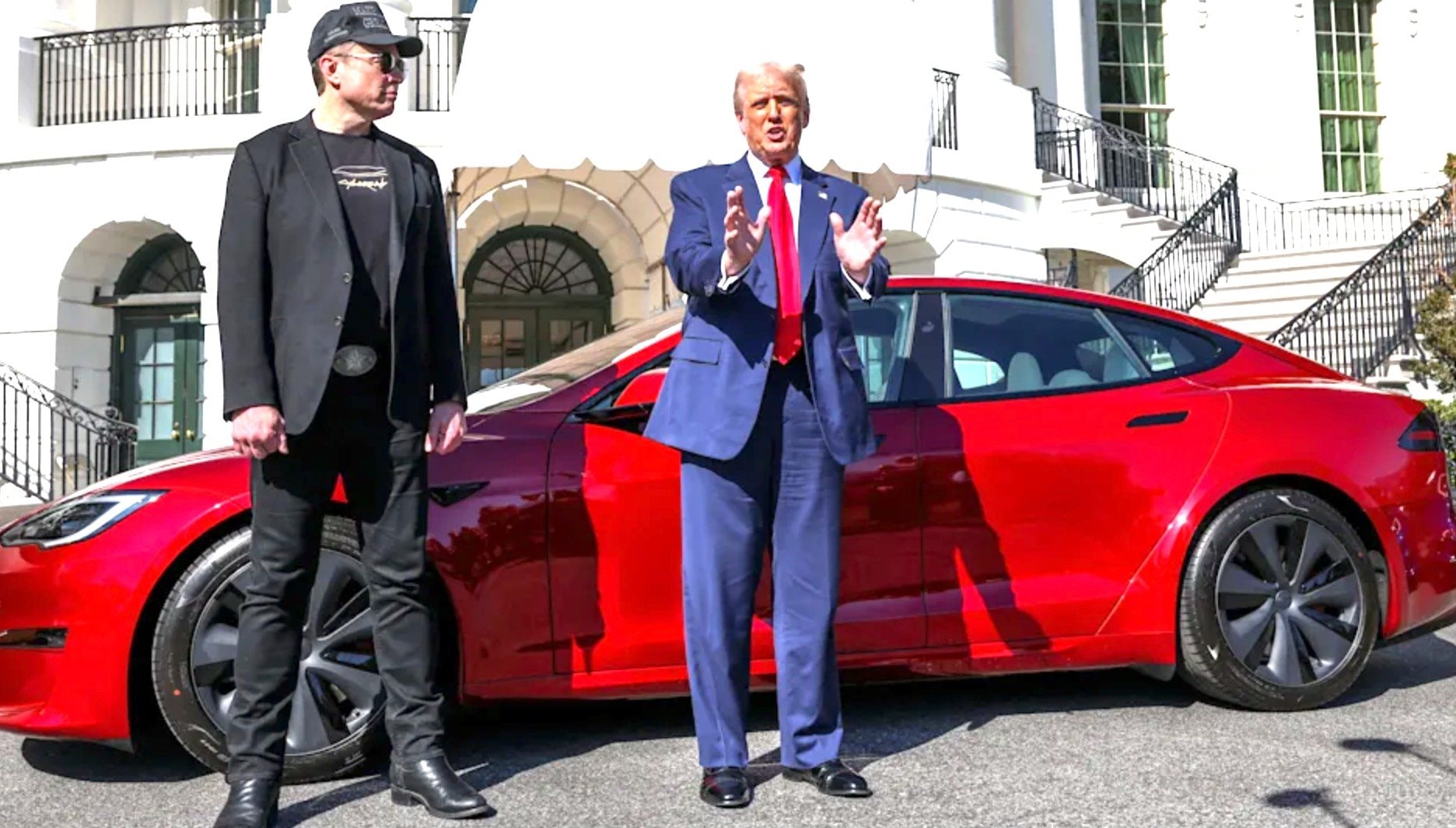
This reputational hit is compounded by intensifying competition from both traditional automakers and emerging Chinese electric vehicle manufacturers. Established European carmakers, leveraging decades of experience and localized knowledge, have launched aggressive campaigns to capture the expanding EV market.
Meanwhile, Chinese companies like BYD have made significant inroads, with recent data revealing that BYD outsold Tesla in Europe for the first time. This milestone signals a shift in market dynamics, emphasizing that Tesla’s dominance is no longer guaranteed and that global competition is increasingly fierce.
Tesla’s product lineup in Europe further complicates its competitive position. Despite launching an upgraded version of the Model Y SUV earlier this year, the company’s overall range remains largely unchanged, with aging models and no new mass-market vehicles unveiled recently.
The lack of fresh offerings limits Tesla’s appeal amid consumers seeking innovation and variety. Meanwhile, European buyers continue to gravitate toward hybrid electric vehicles, which combine battery power with traditional fuel and currently account for over 35 percent of the total car market.

Tesla’s exclusive focus on full battery electric vehicles means it does not cater to this significant segment, potentially limiting its market reach in regions where hybrid technology remains popular.
Investor concerns have also surfaced regarding Musk’s dedication to Tesla amid his involvement in political advisory roles and leadership of the Department of Government Efficiency (DOGE). Some shareholders question whether Musk’s time and focus are sufficiently allocated to Tesla’s core business amid his various commitments.
Musk has addressed these concerns in Tesla’s earnings calls, indicating that his involvement with DOGE would significantly decrease by the end of May, while affirming his intention to dedicate a “day or two per week” to government-related work. He has publicly committed to leading Tesla for at least the next five years, attempting to reassure investors and stakeholders of his long-term dedication.
The challenges Tesla faces in Europe illuminate broader themes about the evolving global electric vehicle market and the complex interplay of politics, brand perception, and technological competition.

Tesla’s rapid early growth created a perception of invincibility, but the current environment demonstrates that market leadership is fragile and subject to numerous external pressures.
As the company navigates political controversies, competitive headwinds, and product development cycles, its ability to regain momentum in Europe will depend on strategic agility, innovation, and rebuilding consumer trust.
The European market, with its stringent environmental regulations, mature automotive culture, and diverse consumer preferences, remains pivotal for electric vehicle manufacturers. Tesla’s struggles highlight the need for continuous adaptation and localized strategies that resonate with regional markets.
Brand reputation, political neutrality, and alignment with consumer values have emerged as critical factors influencing purchasing decisions. In this context, Tesla’s political entanglements with figures like Donald Trump appear to have tangible repercussions on its commercial performance in Europe.

Furthermore, the rise of competitors who offer a broader range of electric and hybrid options challenges Tesla to diversify its portfolio. Companies like Volkswagen, BMW, and Mercedes-Benz are ramping up investments in electric and hybrid technology, leveraging established manufacturing infrastructure and dealer networks.
Chinese firms, backed by significant government support and aggressive pricing strategies, are expanding internationally with offerings tailored to meet diverse market demands. Tesla’s traditional model of exclusively battery electric vehicles may need reassessment to remain competitive in regions where hybrids still dominate.
Product innovation remains critical. Tesla’s success has been rooted in its pioneering battery technology, autonomous driving software, and over-the-air updates. However, as competitors close the technology gap and improve quality and affordability, Tesla’s ability to sustain a technological edge will be tested.
The company’s recent introduction of the upgraded Model Y is a step toward product refreshment, but industry experts suggest more frequent and varied innovations will be necessary to maintain consumer interest and market share.
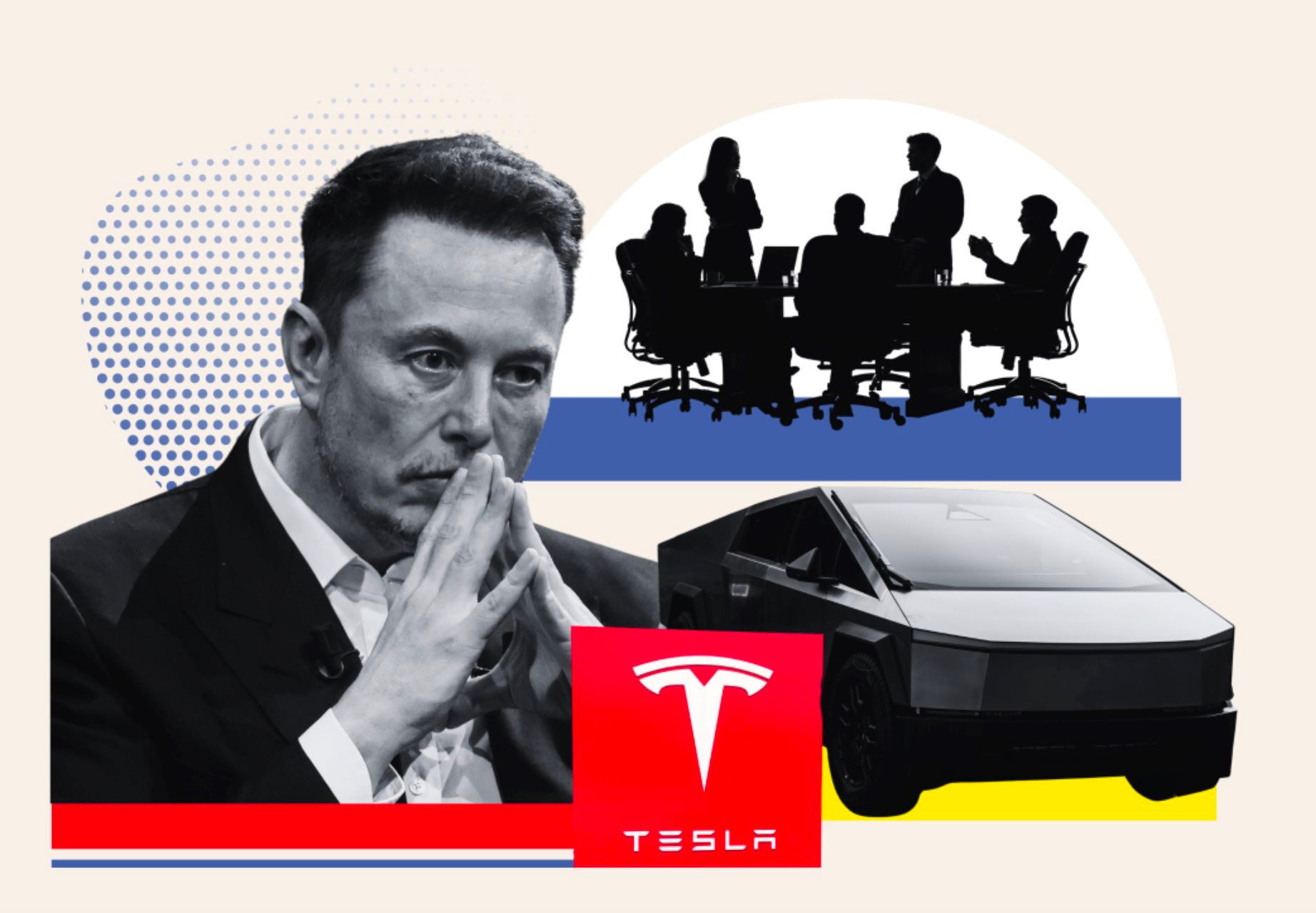
The impact of Musk’s political engagements extends beyond consumer sentiment. Regulatory scrutiny, potential trade implications, and media coverage all play roles in shaping Tesla’s European trajectory.
Musk’s leadership style, marked by bold statements and controversial positions, resonates differently across global markets. European stakeholders may demand a more cautious and consistent corporate stance to align with regional values and expectations. Balancing visionary leadership with geopolitical sensitivity will be crucial for Tesla’s sustained success.
Investor sentiment, influenced by these complex factors, will drive Tesla’s financial health and capacity for future growth. Confidence in Musk’s ability to steer the company through turbulent times remains mixed.
While many admire his visionary approach and track record of disruption, concerns about divided attention and strategic focus persist. Tesla’s stock performance and capital raising efforts will reflect the market’s evolving assessment of these challenges and opportunities.
Looking ahead, Tesla’s path in Europe is emblematic of the broader transformation underway in the automotive industry. The shift from internal combustion engines to electrification, the integration of digital technologies, and changing consumer expectations are reshaping competitive dynamics.
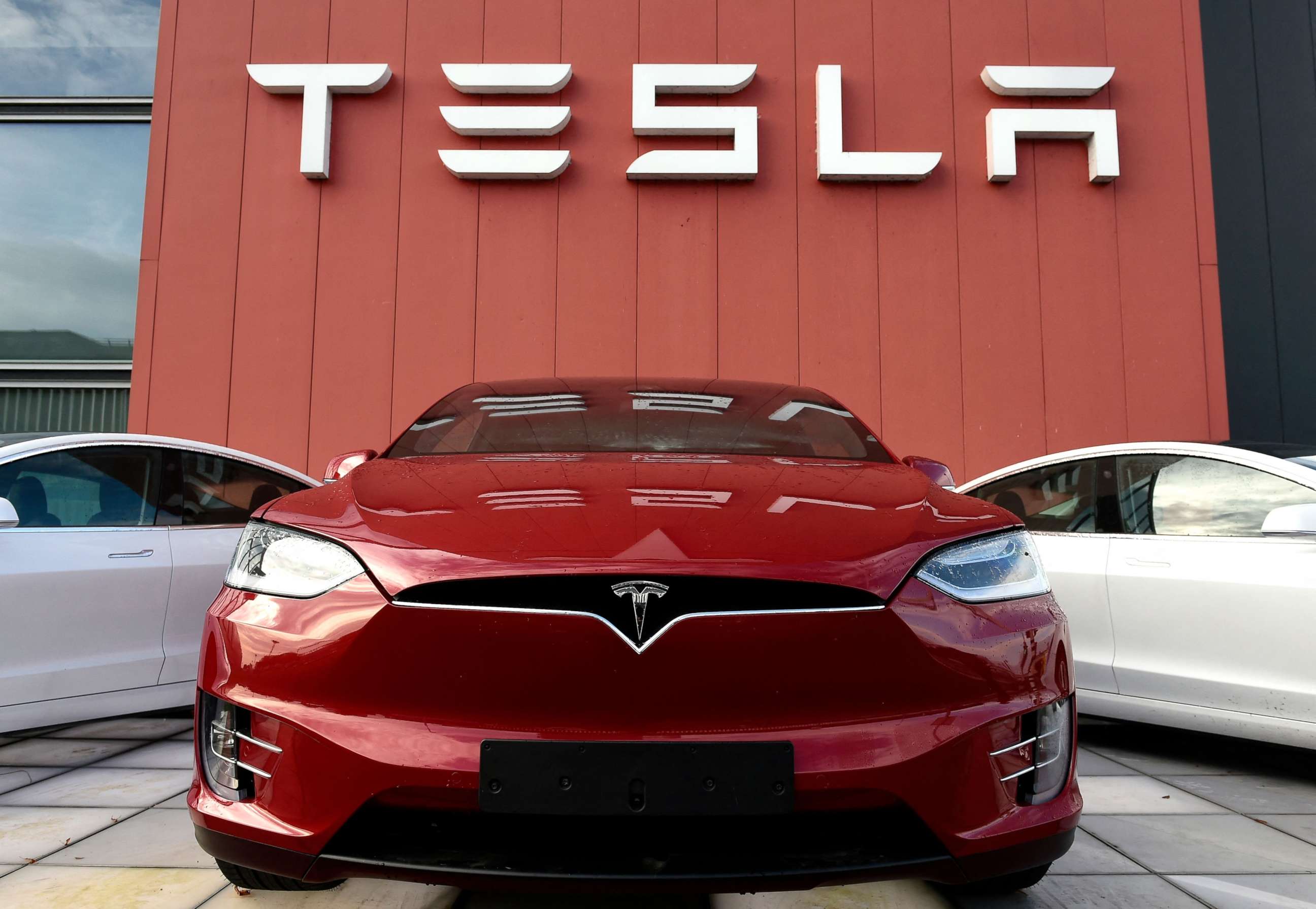
Companies that successfully navigate these changes by combining technological innovation, strategic branding, and market responsiveness will emerge as leaders. Tesla’s experience underscores the importance of adaptability and awareness of non-technical factors such as politics and public perception.
In conclusion, Tesla’s 49 percent plunge in European sales amid brand damage and intensifying competition reveals the multifaceted challenges facing the company in a critical market. Elon Musk’s political involvement and resulting consumer backlash have compounded difficulties at a time when rivals are aggressively advancing.
The evolving preferences of European consumers toward hybrid vehicles, coupled with Tesla’s aging product lineup, exacerbate pressures. Musk’s assurances of ongoing commitment offer hope, but the road ahead requires strategic recalibration, innovation, and renewed efforts to rebuild trust.
Tesla’s European saga serves as a case study in how external factors and market dynamics intersect to shape the fortunes of even the most groundbreaking companies in today’s fast-changing world.
-1747903436-q80.webp)
-1744788816-q80.webp)
-1744708132-q80.webp)
